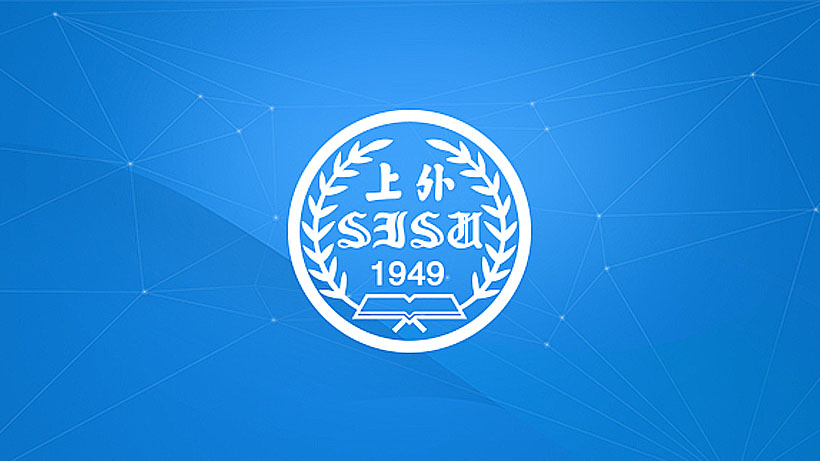
新闻报道


新闻报道
内容:影视人类学方法在民族志纪录片实践中的应用主要体现在以下几个方面:
1、在观念上要培养文化相对主义立场和文化的整体观;
2、在方法上要重视“主位视角和客位视角的相互关照”(参与式观察的主位研究法);
3、在影像叙事上要建构“解释性结构”实现文化描写的“结构性深描”。
本次讲座还将分析人类学民族志影片田野工作的方法和策略。
新闻报道
曾有学者断定1998年,就电影而言是让人最不乐观的一年,乃至降到新时期以来中国电影的最低点,并于1999年称“中国电影,在快乐中沉没……” 伴随导演代际更替、中外电影交流日益密切、国际电影市场变迁、观众审美趣味变化、数码技术革命介入电影等,中国电影愈加显得多元。
20年过去了,在2019年回看中国电影,有关“沉没”的言论究竟是危言耸听?还是已经是一种兑现的“诺言”?
站在这样一个时间节点审视,不由得引发很多思考,或者是有关电影美学的、或者是有关社会变革的、或者是有关技术革命的、或者是有关思想流变的。
本次讲座希冀通过《江湖儿女》、《比悲伤更悲伤的故事》、《流浪地球》、《狗十三》、《道士下山》、《我不是药神》等一批国产影片的扫描,透视中国影视创作现状。
新闻报道
新闻报道
新闻报道

“秘传知识”是上古世界一种普遍的文化现象,是知识等级制度的产物。古埃及秘传知识有着悠远的历史流传,有三种表述形式,一为文字形式,自公元前2500年的金字塔时代,以《金字塔铭文》为核心的墓葬文学及奥塞里斯神话为主的复活故事,到中王国时期的石棺铭文,新王国时期的《亡灵书》及《密室之书》,以及文学作品如《因森格教谕》、《善腾哈瓦斯的故事》等;二为上述内容的建筑、图像表达,即神庙、墓室的浮雕、铭文、绘画;三为围绕这些主题的宗教仪式、节日庆典。不同形式同属一个以高级文化为基础的象征体系,必须在互证中解读。
古代晚期,在世界范围内,随着帝国规模的扩大,文化传播、交流的深入,本土文化受到各种异文化的冲击,出于“被遗忘的恐惧”和文化身份认同的需要,系统表述、刻意保存传统文化成为潮流,各个古代文明地区经历着从仪式文化到文本文化的转型,原本口传及仪式的内容开始形成文本,而原有的文本开始了经典化或正典的过程。古埃及秘传知识从隐蔽走向显现,并与希腊哲学汇流,作为西方思想史的游魂流传下来,也使得理解其深层内涵有了参照。即使是出于确定“自我”与“他者”的动机而开始的正典化,也成为对话的基础,甚至是进一步传播的条件。
新闻报道
为什么要到国外学习中国哲学?西方汉学对中国哲学的研究和建国以来国内的中国哲学研究有何不同?在今天我们——作为学者或是普通人——又可以用什么样的角度来看中国哲学?通过对学术史的回顾和方法论的梳理,我们试图寻找一个理解中国哲学的新角度,而在一定程度上,这个新角度恰恰是对传统的回归。
新闻报道

现代汉语共同语不允许介词悬空。但现代汉语方言中存在着介词悬空现象,有的方言是个别存在,有的方言是成系统成规模的。张家口方言(晋语)和沈阳方言(东北官话)都存在着多种多样、丰富发达的介词悬空现象。两种方言的介词悬空有同有异,但在规律性表现上都是一致的。
新闻报道

新闻报道

新闻报道